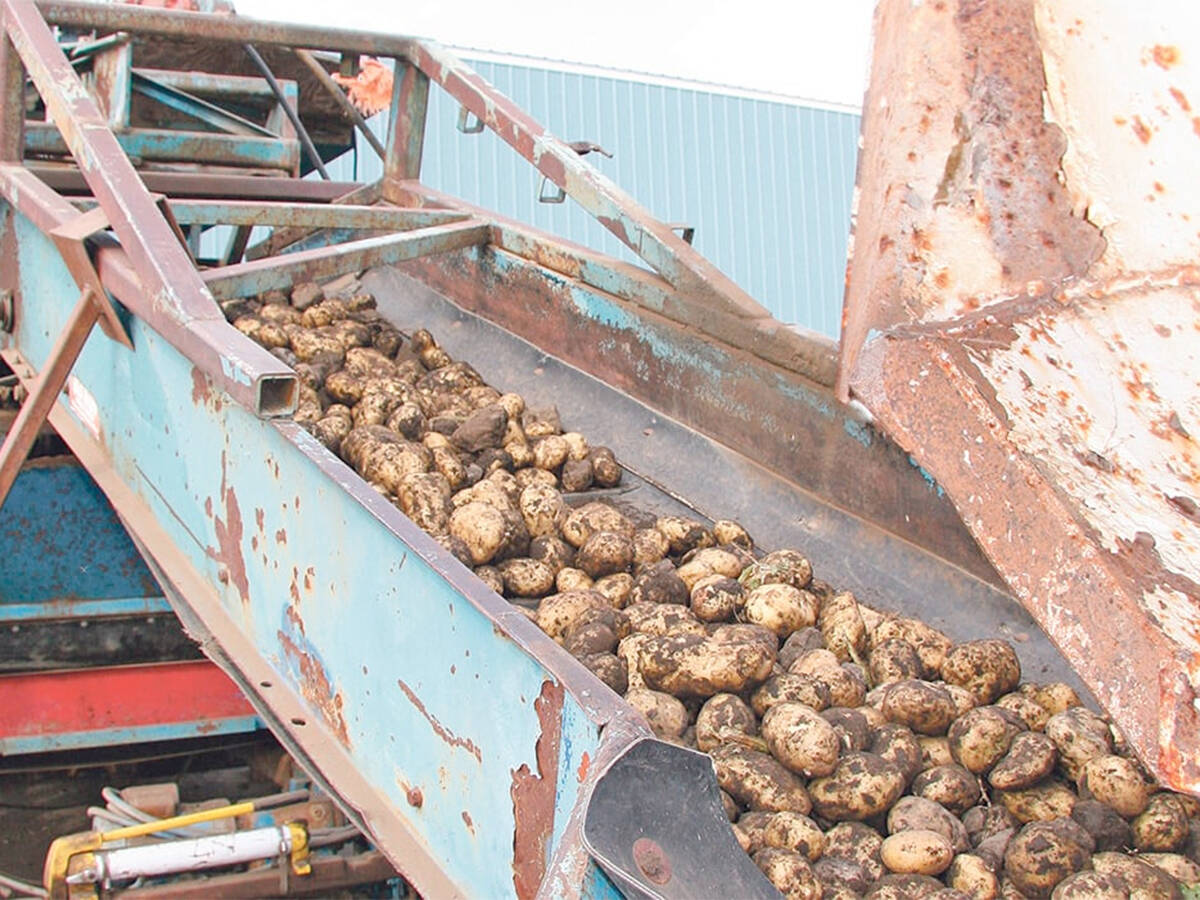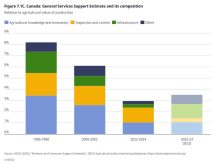Leaders of several leading Canadian producer groups called on provincial governments to accept Ottawa’s proposal to improve business risk management (BRM) programs.
During an end-of-year virtual town hall meeting, Canadian Federation of Agriculture president Mary Robinson said federal Minister of Agriculture Marie-Claude Bibeau’s proposal to fix AgriStability, a leading irritant of the BRMs, “represents a fundamental shift in the business environment of Canadian agriculture for the better, and shows farmers our Canadian government values domestic food production.”
Earlier this year, Bibeau proposed dropping AgriStability’s maximum reference margin, and increasing the compensation rate from 70 to 80 per cent retroactively this year and for calendar 2021 and 2022.
Read Also

Potato growers beware new PVY strains
Newer strains of potato virus Y (PVY) are creating headaches for potato farms in Eastern Canada, and Manitoba farmers should pay attention
That would mean the program offers producers a better chance of receiving support, and more money when they do; but it would come at an added cost to provincial and federal governments, who jointly pay for it.
Western provinces have been reluctant to accept the offer.
“Our members, over 200,000 farm families all across Canada, from all provinces and the Yukon, have told us that these improvements to AgriStability would be the most impactful action our provincial, territorial and federal governments could take to support Canadian farmers,” said Robinson during the Dec. 17 town hall. “We hope to see that proposal accepted before the end of this year.”
Bob Lowe, president of the Canadian Cattlemen’s Association, strongly encouraged governments to bring forward the changes to ensure coverage is available “when it’s needed most.”
“We need these changes to make the program work for farmers, ranchers,” he said.
Rick Bergmann, chair of the Pork Council of Canada, said he appreciated Bibeau putting a fix for AgriStability on the table.
“Her offer means that farmers will get more support when they need it the most. It means that producers will not be left on their own when they face a significant loss. And that’s a high priority for Canadian producers,” he said.
Canadian Horticulture Council executive director Rebecca Lee echoed the calls for Bibeau’s offer to be accepted.
“This year showed that the current protection set up for farmers is not adequate,” she said. “Farmers need our support more than ever.”
While an inability to cover the increased costs is cited as the reason why some provinces are reluctant to accept the changes, Robinson argued the money is only spent in years where it is needed.
“It’s important to note that government is not being asked to put money directly on the table, but to create confidence, and ensure we have a financial backstop,” she said.
In a Dec. 17 interview, Bibeau said she had not received a response from the provinces regarding her proposal yet, but said she was happy producer groups “felt listened to.”
“It is good to see that they felt that I was listening to them. And well, now it’s up to the provinces to hopefully listen as well to their farmers.”
Robinson said Ottawa’s recently announced plans to increase the cost of carbon over the next decade creates uncertainty and opportunity.
“We’re looking forward to having an opportunity to sit down with our federal government and discuss how that’s going to impact agriculture and how we can better be rewarded for all of the ecological goods and services we provide,” she said.
Participants in the town hall meeting spoke about the need for predictable trading partners and adequate labour force.
















